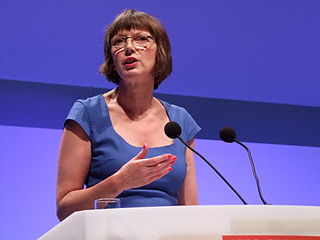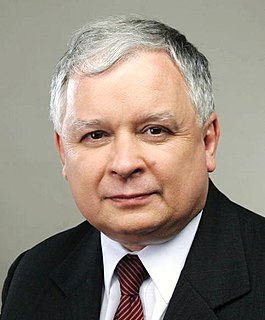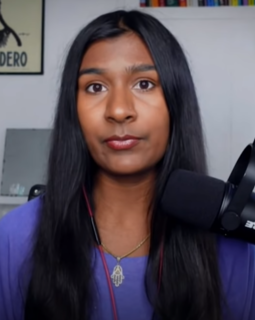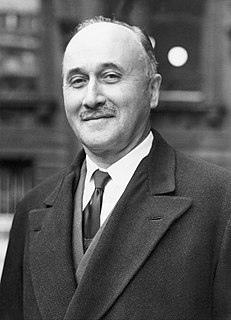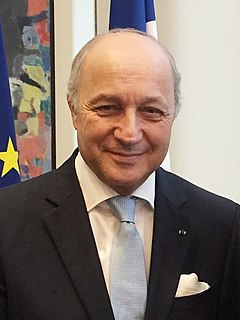A Quote by Frances O'Grady
Of course, no-one thinks the EU is perfect. In recent years, the pace of social reform has slowed. But staying in offers the chance to rebuild a vision of Europe for workers, regardless of the passport they hold.
Related Quotes
If Turkey become a member of the EU, of course Turks would lose a part of this identity, just as Europe would lose a part of its own. It would also be a different Europe then. Accepting Turkey into the EU is an ambitious political endeavor of historical proportions. Europe would become a strong, multi-religious unit.
We are not perfect. But we have doubtlessly fulfilled our obligations to the EU to a greater degree than the EU has its obligations to Italy, when it comes to the relocation or repatriation of refugees that are in our country. Italy does its homework better than the rest of Europe. Instead of the 160,000 migrants that were to be distributed across Europe, we are currently at 300.
Nations are an historic reality in Europe. They all have different histories, and they joined the EU at very different times and under widely differing circumstances. I was mayor of Warsaw for three years and always in favor of Poland joining the EU. But I also experienced how we had to implement EU regulations that were completely inappropriate to our situation.
I dare to imagine a country where every child I hold in my hands, are all God's children, regardless of the color of their skin, regardless of whether they're boy or girl, regardless of religion, regardless of rich or poor, that every child I hold in my hands, will have the same chance to reach her full potential or his full potential. That is the goodness of our country. That is the essence of the American dream.
The EU is an alliance that the Americans control, in which the EU of course has a great deal of autonomy, but in which it still is very dependent on the United States, especially militarily, but not only in that respect. So to blame the Germans for everything is an easy way out for some of those suffering in Europe today.
If we want to create new rules of globalization, then we can't just think in terms of the nation state. The nation state has long offered protection. But it suffers from the fact that many citizens increasingly fear that it can no longer protect them: The threat of transnational terrorism is growing. Freedom of movement rules in Europe facilitate social dumping. Regardless of the make-up of the next government, it must have clear ideas on how to overcome the lack of direction of recent years.
An EU without Britain, without 1 of Europe's strongest powers, a country which in many ways invented the single market, and which brings real heft to Europe's influence on the world stage which plays by the rules and which is a force for liberal economic reform would be a very different kind of European Union.
There will be no peace in Europe if the States rebuild themselves on the basis of national sovereignty, with its implications of prestige politics and economic protection... The countries of Europe are not strong enough individually to be able to guarantee prosperity and social development for their peoples. The States of Europe must therefore form a federation or a European entity that would make them into a common economic unit.
I think that Europe has to get its act together very quickly. The Belgian guy who's leading the negotiations against Brexit, he sees it as a whole chance to reboot Europe and reclaim the kind of social mission of Europe from all this corporate, bureaucratic, globalist stuff that has got into, building Europe for the people rather than the banks, again.
